The Youssef-Elshahed laboratory is based in the Department of Microbiology and Molecular Genetics at Oklahoma State University in the USA. The lab is jointly led by Dr Noha Youssef and Dr Mostafa Elshahed. Their research group has been investigating various aspects of anaerobic fungi biology since 2008.
The lab works at the intersection of Ecology-Diversity/Taxonomy-Evolution. This is because Noha and Mostafa believe many of the discoveries in each of these disciplines can best be understood in light of the other.
The lab attribute their scientific successes to the wonderful group of past and present researchers in their lab, as well as a wide network of expert collaborators worldwide. Something they are very grateful for!
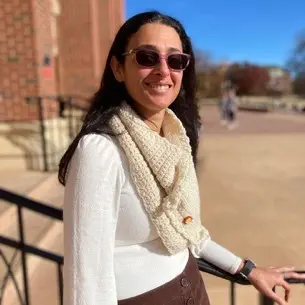
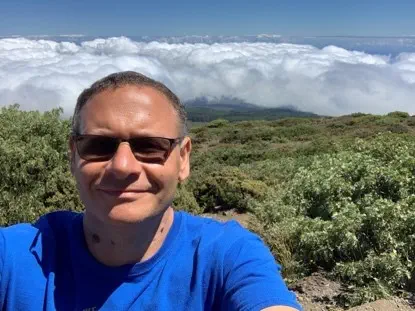
What does the lab study? In terms of their anaerobic fungi research, this can be broadly broken down into three core activities: (i) culturing, (ii) diversity assessment and characterization, and (iii) meta-omics.
Culturing: Isolation, characterisation, and naming of new anaerobic fungi taxa is a favourite activity of the lab. And it never stops! To date, the lab has characterized 12 anaerobic fungi genera. The maintenance of their current culture collection, representing 17 different anaerobic fungi genera, takes up a a large fraction of their time. In terms of lab infrastructure, there are three key pieces of equipment involved in their culturing work. The anaerobic chamber is where enrichment cultures are initiated, and it is also here that anaerobic fungi colonies are picked off from solid media for further study. The gassing station is another essential piece of kit. It is used when making media, subculturing anaerobic fungi strains and preparing roll tubes for anaerobic fungi. And finally, the lab incubator where many anaerobic fungi genera have been ‘born’. The incubator also holds their actively growing collection of anaerobic fungi (as anaerobic fungi do not always survive well long term cryopreservation).
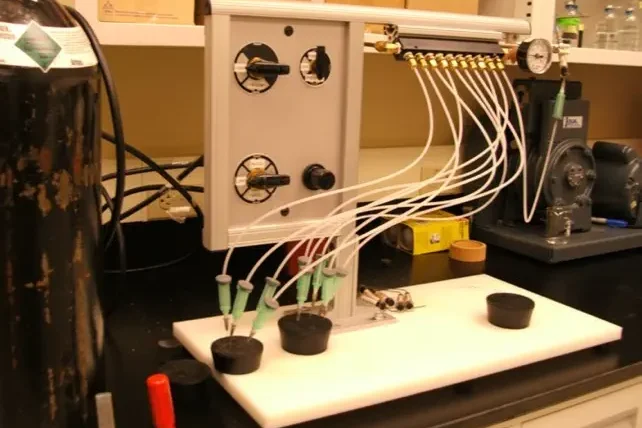
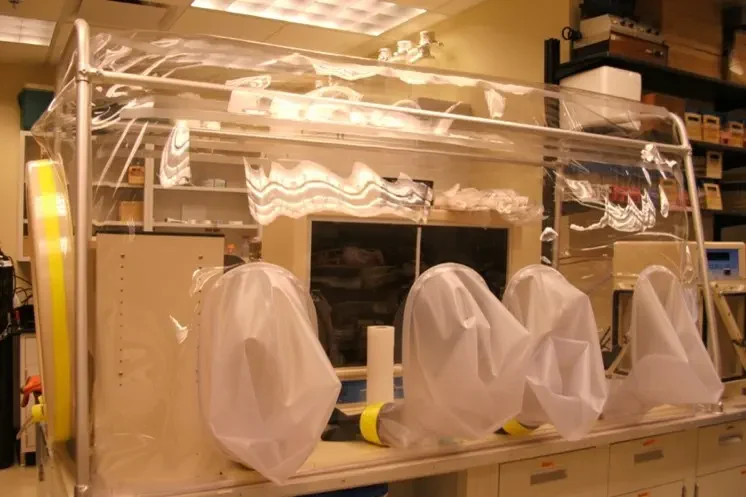
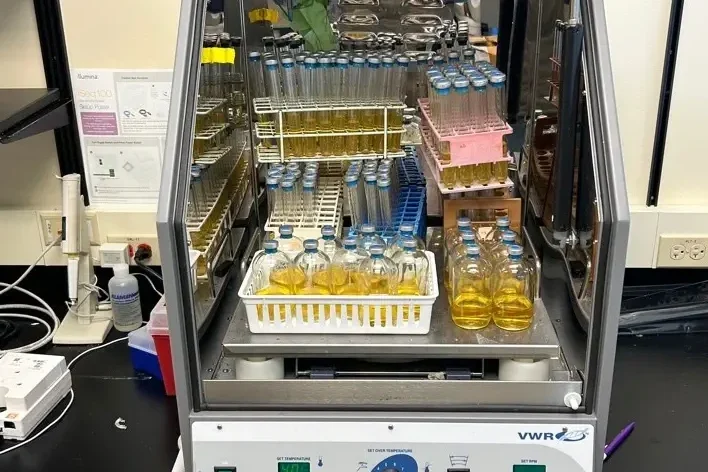
Diversity assessment and characterization: Through extensive sampling and collaboration, the lab have acquired gut samples (covering all five continents) from a wide range of placental and marsupial mammalian, reptilian, amphibian, and avian species. From these samples, anaerobic fungi inventories are generated with the aim being to discover additional novel anaerobic fungi genera, as well as advance understanding of which factors govern the observed global patterns of anaerobic fungi diversity.
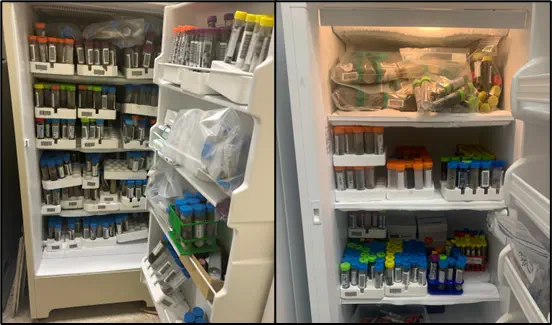
Meta-omics: In the Youssef-Elshahed lab this term is used to encompass the genomics, transcriptomics, and proteomics work they do on anaerobic fungi. With the generation of a broad “-omics” Neocallimastigomycota catalogue, the lab possess valuable datasets to help them understand the evolutionary history as well as the biotechnological potential of anaerobic fungi.
At the end of this page there is a list of some of the researchers that the lab feel blessed to have worked with. You can also find out more about the anaeorbic fungi research of the lab by checking out this list of their key papers:
The Youssef-Elshahed lab do not only work on anaerobic fungi though! For more information about their other research interests please just visit the respective pages of Noha Youssef and Mostafa Elshahed.
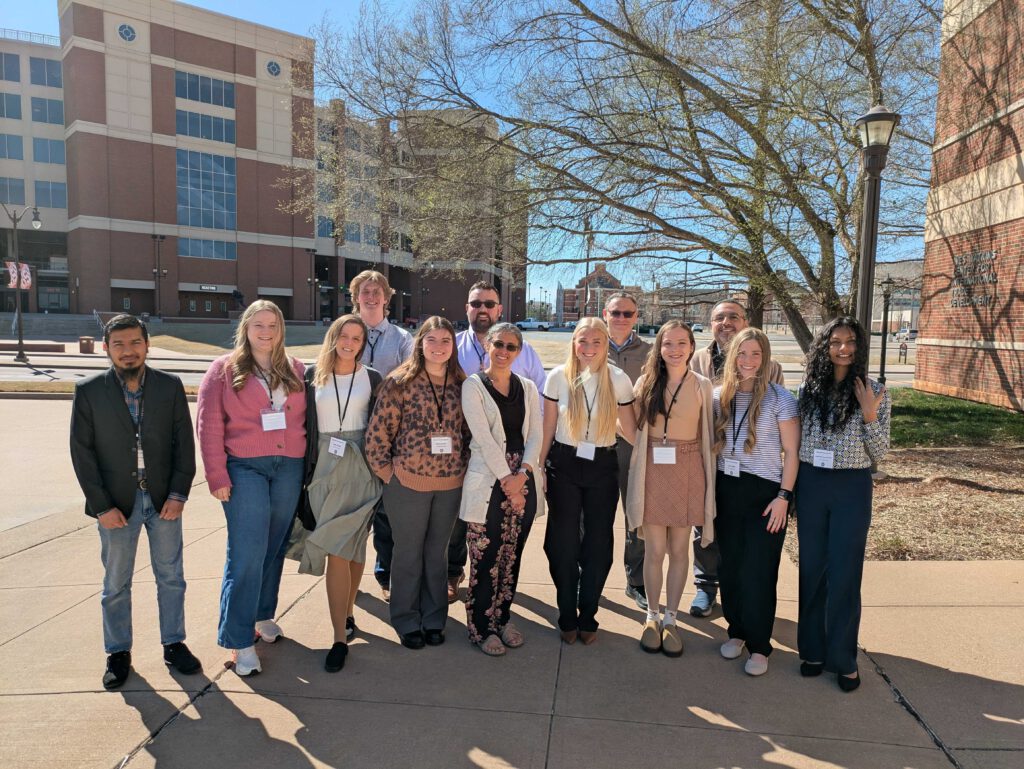
Here are some of the researchers who have worked in the Youssef-Elshahed lab:

Audra Liggenstoffer PhD (2008-2014). Culture-independent anaerobic fungi diversity assessment and documentation.
Brian Couger PhD (2010-2016). Sequenced and analyzed the first published anaerobic fungal genome.

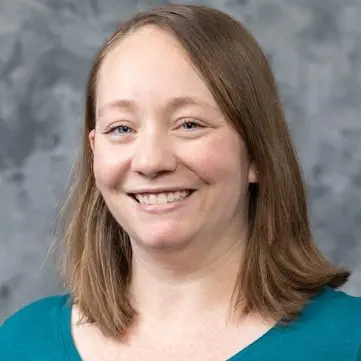
Jessica Morrison Post Doc (2015-2016). Constructed highly effective anaerobic fungi enzyme cocktails for deconstructing lignocellulosic biomass.
Shelby Calkins PhD (2014-2017). Demonstrated the feasibility of RNA uptake by Pecoramyces spores, and used RNA interference (RNAi) to modulate gene expression in anaerobic fungi.


Chelsea Murphy PhD (2017-2022). Examined horizontal gene transfer patterns in the genomes and transcriptomes of anaerobic fungi.
Radwa Hanafy PhD (2015-2020). Isolated several novel anaerobic fungi genera from wild and domestic herbivores, and conducted extensive revisions of anaerobic fungi taxonomy.
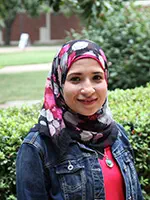

Adrienne Jones MS (2021-2023). Examined anaerobic fungi diversity in marsupial hosts, and also the temporal progression of anaerobic fungi diversity in dairy calves.
Casey Meili MS (2021-2023). Spearheaded the labs global effort for characterizing the patterns and determinants of the global herbivorous mycobiome in fecal and rumen samples.
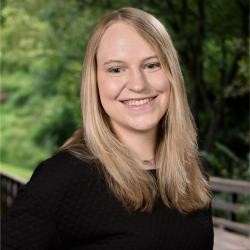
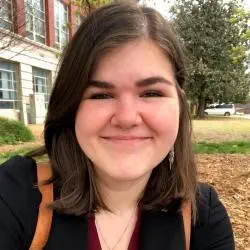
Carrie Pratt PhD (2021-2024). Discovered and characterized anaerobic fungi diversity in non-mammalian hosts, with a special emphasis on reptilian and avian hosts.
